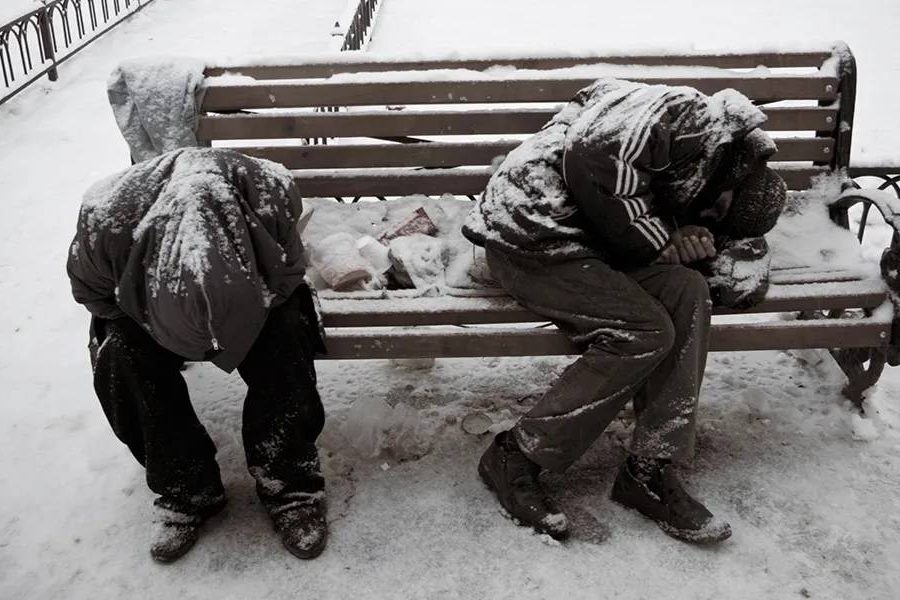Spending on shelters, asylum seekers could cost $60M in Brampton this year as Mayor Brown urges feds for funding
Published March 11, 2024 at 1:50 pm

Mayor Patrick Brown says he’s worried Brampton will be left holding the bill for tens of millions of taxpayer dollars spent supporting the shelter system in Peel and a wave of asylum seekers coming to the region.
The stats come from Brown, who gave a recent interview outlining some of the financial woes the city has encountered as it provides funding to help the Region of Peel’s shelter system manage an influx of refugees, many from Africa.
But shelters are over capacity, sometimes between 70 to 400 per cent according to Brown, and two refugees have died in recent months waiting outside for assistance.
“It means right now, to fund what is a federal service, we have to take from other critical services, whether it’s public health, or transit, emergency services,” Brown said on CBC.
The mayor said Brampton shelled out $26 million last year to help shelters manage what Brown has called a crisis at local shelters as more asylum seekers land in Mississauga and Brampton.
Of that $26 million less than half has been repaid to the city through the federal Interim Housing Assistance Program (IHAP), which has a deadline of March 31. And with Brown saying Brampton is on track to spend another $60 million, he said he’s concerned with the costs even if the city is hearing “all the right promises from the government.”
“I don’t think it’s fair to put on the back of municipalities,” Brown said, saying the city can’t go into the red “to run this life-saving operation” as municipalities legally can’t run a deficit.
Shelters in Peel are regularly over capacity, sometimes between 70 to 400 per cent according to Brown.
Two refugees have died in recent months waiting outside for assistance even with Ontario experiencing a mild winter, and Brown said he’s worried there could be more fatalities.
The region opened a dorm-style temporary shelter in December with space to house 228 asylum claimants per night, but a report last month found additional sites were needed to relocate some 1,300 people in the shelter system or staying in overflow hotels.
As of last July, Ottawa said more than 3,800 hotel rooms in six provinces had been secured to provide temporary housing to asylum claimants.
In November, a man in his 40s died in an encampment outside Dundas Street East and Dixie Road. He was an asylum claimant. And last month Delphina Wambui Ngigi died just days after arriving in Canada after waiting outside of a Mississauga shelter.
The feds have promised a $7 million funding boost to build a new reception centre near Toronto Pearson International Airport in Mississauga to help asylum seekers find housing.
Brown said he’d like to see the feds use lessons learned when welcoming Ukrainian refugees fleeing Russia’s invasion in 2022 to get a handle on the influx of African asylum seekers to avoid any more deaths.
The IHAP initiative provides funding on a cost-sharing basis to provinces and municipalities for the costs of interim housing for asylum claimants. The program is expected to close on March 31.
INsauga's Editorial Standards and Policies


